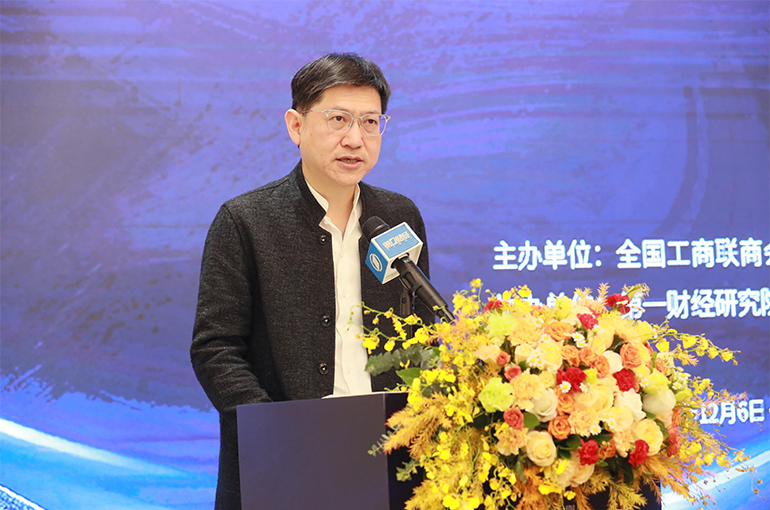 China Needs a ‘Win-Win’ Solution to VAM Dilemma, Yicai’s Editor-in-Chief Says
China Needs a ‘Win-Win’ Solution to VAM Dilemma, Yicai’s Editor-in-Chief Says(Yicai) Dec. 12 -- While capital and entrepreneurs are key production factors, they are currently misaligned in the primary market as financing agreements are commonly bound by valuation adjustment mechanisms due to economic, policy, and intrinsic factors, according to Yang Yudong, editor-in-chief of Yicai.
"It is urgent to break through the dilemma of VAM buyback agreements and explore a new path from 'lose-lose' to 'win-win'," Yang said in his keynote speech at the Roundtable on Corporate Governance Innovation and Compliance Construction held in Beijing on Dec. 6.
A VAM is an agreement between a company and its investors to resolve uncertainty and information asymmetry in relation to the firm’s future development. It provides protection for the investors in the form of certain guarantees, such as the company agreeing to buy back its equity if it fails to meet growth targets.
When analyzing the VAM dilemma, Yang said that it highlighted many deep-seated contradictions. The excessive use of VAM agreements distorts the market valuation and pricing system, weakening due diligence and risk control capabilities, and deviating from the essence of investment.
VAM clauses can also affect companies, as their need to raise funds forces them to accept harsh conditions, Yang said. This means that they then sacrifice long-term development in order to meet their short-term commitments.
Historical experience shows that when economic growth slows and listing channels tighten, a large number of VAM buyback clauses are triggered, leaving companies under pressure and making it hard to protect investor interests, often resulting in a “lose-lose” scenario, Yang said.
But solutions to this situation are being sought, with firms and investors putting forward a series of constructive suggestions, such as strengthening the due diligence capabilities of investment institutions and giving tax incentives to reduce the reliance on VAM agreements, Yang noted.
The roundtable was hosted by the Development Service Center of the All-China Federation of Industry and Commerce, and co-organized by the Yicai Research Institute and the China Mergers and Acquisitions Association.
Editor: Tom Litting